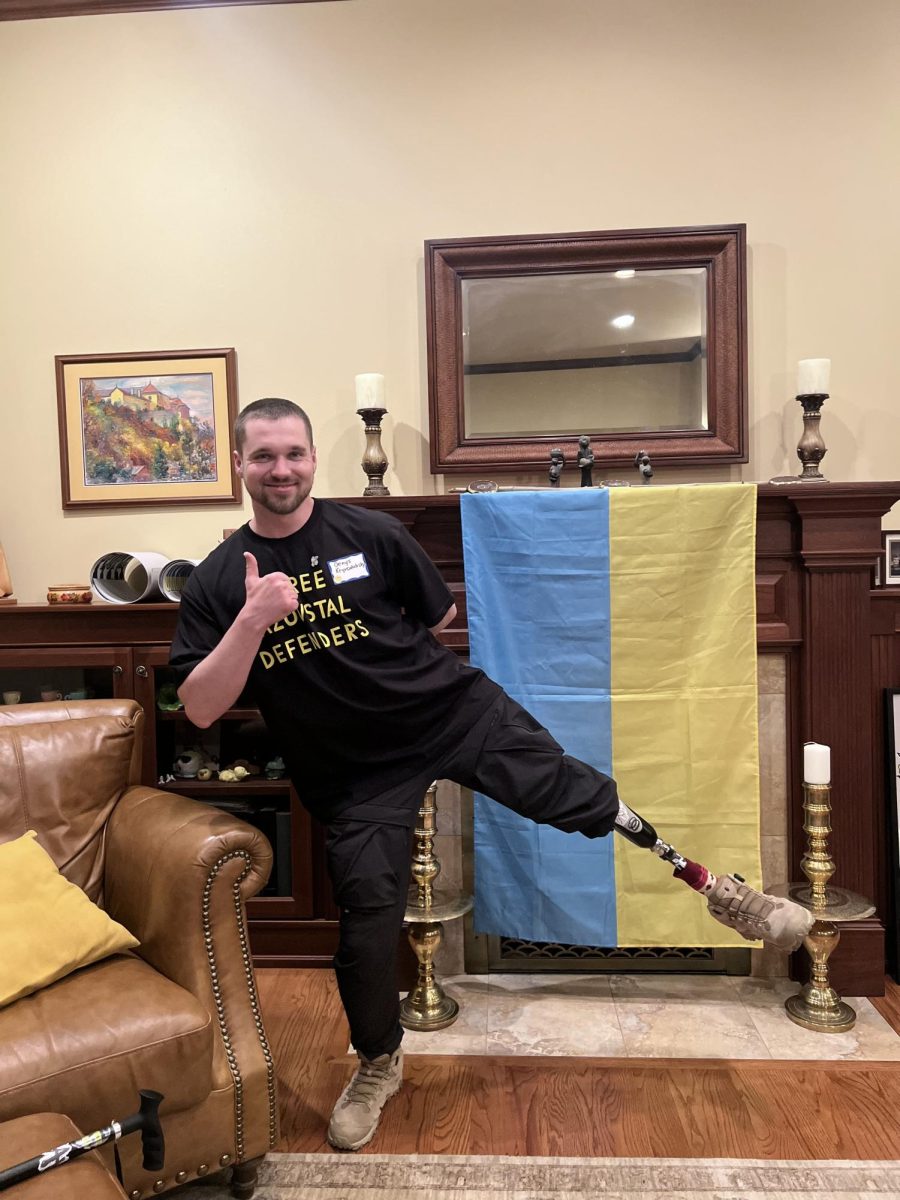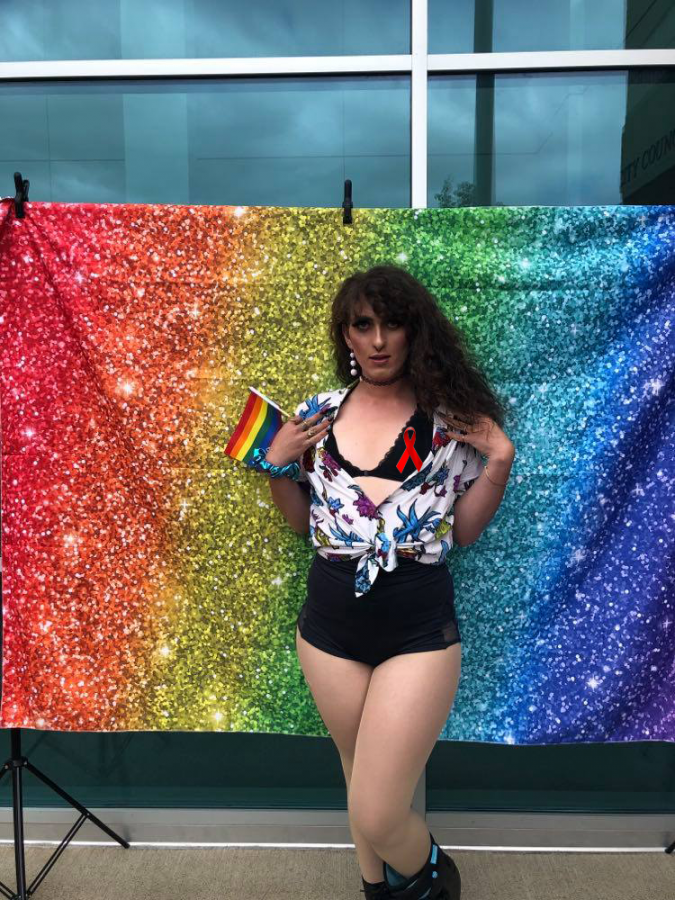Alumnae chapter of OSU sorority hosts world AIDS event, aims to educate about, destigmatize HIV
November 29, 2020
Although HIV and AIDS can impact everyone, it has impacted certain groups disproportionately more. This has included the LGBTQ+ community, people of color, IV drug users and sex workers.
Dharma Mirza is a member of all of these groups — being queer, a woman of color, previous sex worker and IV drug user — and has been diagnosed with HIV positive. She stated that HIV hasn’t given her many health issues; rather, many of the issues that come from being diagnosed with HIV for her are mainly from stigma.
To raise awareness and demonstrate support for people living with HIV, the Corvallis Heart of the Valley Alumnae Chapter of Gamma Alpha Omega Sorority will be hosting an event with Mirza as the guest speaker.
The World AIDS Day event is a benefit for the Valley AIDS Information Network and will be taking place on Dec. 1 at 6 p.m. PST via the Zoom platform. The event is open to the public and donation-encouraged.
Luhui Whitebear, programming committee chair of the Alumnae Chapter, stated that HIV and AIDS Awareness is one of the two national philanthropies that GAO chooses to support.
“Breaking stigmas and stereotypes about HIV and AIDS as well as helping our communities learn more about the difference between the two, the importance of knowing your status, and how to get tested are also important to us,” Whitebear said via email. “We decided to support the Valley AIDS Information Network, Inc. because it is a local organization that does great work in the Corvallis community that aligns with these types of efforts.”
As someone who has been diagnosed with HIV, Mirza has faced social stigma in daily interactions.
“I was found undetectable two months [after] I was diagnosed, and I’ve been undetectable since then so I’ve been unable to spread HIV,” Mirza said. “I deal with stigma in dating and people just not knowing. One time, I fell down some stairs and I was bleeding, and people were afraid to help me because they [felt like they] were going to get HIV.”
Mirza has also faced medical discrimination. When trying to receive post-exposure prophylaxis — medication taken after possible exposure to HIV — after sexual assault, she stated that she was denied medical service and had to go to another city for treatment.
“Even though I was educated and knew exactly what I needed, I couldn’t get those things,” Mirza said. “Imagine how difficult it would be for someone like a Black trans sex worker in Portland or a trans woman of color in a rural community.”
To combat these difficulties, Mirza stated that the Corvallis and Oregon State University communities can do several things for people diagnosed with HIV or AIDS. Within the COVID-19 pandemic, people living with HIV are living with two pandemics simultaneously. As such, it is recommended that communities continue to follow COVID-19 guidelines — wearing masks, social distancing and limiting gathering sizes.
“For HIV positive people, one of the biggest things is supporting the U = U Movement (Undetectable equals Untransmittable),” Mirza said. “If we can help to inform people that if you are undetectable, then you are unable to spread HIV, it encourages people to stay on their medication, to access medication and to know their status so they can take medication.”
The trans community is one of the marginalized groups in terms of health inequity and being disproportionately affected by the HIV pandemic, while also dealing with trauma that comes with being trans.
“By advocating for training, medical and cultural sensitivity for trans folx of color, and defunding police can help to reduce the trauma that occurs for trans folx and makes the trans community safer,” Mirza said.
Mirza also suggests ways to protect IV drug users, who may be at risk due to the sharing of needles and syringes.
“We also need to be compassionate about people using drugs and not stigmatizing them,” Mirza said. “By decriminalizing drugs, we’re also opening up routes to decriminalizing syringe exchanges. We’re also allowing for individuals to engage in rehab services instead of being caught up in the racist, anti-Black, anti-Indigenous, prison industrial complex.”
De-westernizing the approach of HIV andAIDS is also important, as this pandemic is still a big issue in other parts of the world like South Asia and Africa, Mirza said. Decolonizing methods are needed in order to address HIV and AIDS at its global level, not just in the US.
“We need more anthropologists and ethnographers who are more inclusive to do more peripheral work for HIV and AIDS reduction to be a reality.”



















































































![Newspaper clipping from February 25, 1970 in the Daily Barometer showing an article written by Bob Allen, past Barometer Editor. This article was written to spotlight both the student body’s lack of participation with student government at the time in conjunction with their class representatives response. [It’s important to note ASOSU was not structured identically to today’s standards, likely having a president on behalf of each class work together as one entity as opposed to one president representing all classes.]](https://dailybaro.orangemedianetwork.com/wp-content/uploads/2025/03/Screenshot-2025-03-12-1.00.42-PM-e1741811160853.png)























